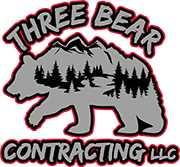Q: What is a sewer line?
A: A sewer line is an underground pipe system that carries wastewater from homes, businesses, and industries to a wastewater treatment facility or a septic tank.
Q: How does a sewer line work?
A: Wastewater from sinks, toilets, showers, and other drains flows into the sewer line through a network of smaller pipes. Gravity and a slight downhill slope help the wastewater move through the sewer line towards the treatment facility.
Q: What are common problems with sewer lines?
A: Some common problems with sewer lines include blockages, clogs, leaks, root intrusions, pipe corrosion, and bellied pipes (sagging or sinking sections). These issues can result in slow drains, backups, foul odors, and even sewage leaks.
Q: How do I know if there’s a problem with my sewer line?
A: Signs of sewer line problems include multiple drains clogging simultaneously, gurgling sounds from drains, unpleasant odors, sewage backups, wet spots or sinkholes in the yard, and slow draining fixtures.
Q:. Can I prevent sewer line issues?
A: While some sewer line problems are unavoidable, there are steps you can take to minimize the risk. Avoid flushing non-biodegradable items, such as wipes and feminine hygiene products, down the toilet. Additionally, be cautious about what you pour down the drains, as grease, oil, and other substances can cause clogs.
Q: What should I do if I suspect a sewer line problem?
A: If you suspect a sewer line problem, it’s best to contact a professional plumber or a sewer line specialist. They can perform a thorough inspection, identify the issue, and recommend the most appropriate solution, such as drain cleaning, pipe repair, or replacement.
Q: How often should sewer lines be inspected?
A: It’s recommended to have a sewer line inspection every few years, even if you haven’t noticed any problems. Regular inspections can help detect potential issues early on and prevent costly repairs or emergencies.
Q: Can tree roots damage sewer lines?
A: Yes, tree roots are a common cause of sewer line problems. As trees grow, their roots can infiltrate and damage sewer pipes, leading to blockages and leaks. Regular tree maintenance and professional root removal can help prevent root intrusions.
Q: How long do sewer lines last?
A: The lifespan of a sewer line depends on various factors, including the material used, installation quality, soil conditions, and maintenance. Generally, cast iron pipes can last up to 75-100 years, while PVC (plastic) pipes have a lifespan of 25-40 years.
Q: Can I repair a damaged sewer line without digging up my yard?
A: Yes, in many cases, trenchless sewer line repair or replacement methods can be used. These techniques involve minimal digging and can save time, money, and disruption to your landscape.
Q: What are the common causes of sewer line clogs?
A: Sewer line clogs can occur due to various reasons. Some common causes include the accumulation of grease, food debris, hair, soap scum, and foreign objects in the pipes. In older sewer lines, clogs can also be caused by the buildup of sediment and scale over time.
Q: Can heavy rain or flooding affect sewer lines?
A: Yes, heavy rain or flooding can have an impact on sewer lines. Excessive rainfall can overwhelm the sewer system, leading to backups and overflows. In some cases, floodwaters can enter the sewer lines through cracks or faulty connections, causing damage.
Q: How can I prevent sewer line clogs?
A: To prevent sewer line clogs, it’s important to be mindful of what you flush down the toilet and pour down the drains. Avoid disposing of items like diapers, paper towels, cotton balls, and plastics, as they can cause blockages. Using drain guards or strainers in sinks and showers can also help catch debris before it enters the pipes.
Q: Are there any warning signs of a sewer line leak?
A: Yes, there are several signs that may indicate a sewer line leak. These include a foul sewage smell in your yard or basement, unexplained patches of lush or green grass, damp or sunken areas in the yard, or an increase in pests like rats or insects.
Q: Can I use chemical drain cleaners to clear sewer line clogs?
A: It’s generally not recommended to use chemical drain cleaners for sewer line clogs. These cleaners can be harsh on the pipes and may not effectively clear the clog. Instead, it’s best to call a professional plumber who can use specialized equipment to safely and efficiently clear the blockage.
Q: How can I maintain my sewer line to prevent issues?
A: Regular maintenance can help prevent sewer line issues. Consider scheduling periodic drain cleaning to remove any buildup and keep the pipes flowing smoothly. Additionally, professional inspections can identify potential problems early on, allowing for timely repairs or preventive measures.
Q: Can sewer line repairs be covered by insurance?
A: The coverage for sewer line repairs can vary depending on your insurance policy and the specific circumstances. Some homeowner’s insurance policies may provide coverage for sewer line damage caused by certain perils, such as a tree falling on the line. It’s recommended to review your policy or consult with your insurance provider to understand the coverage details.
Q: Are there any eco-friendly alternatives for sewer line maintenance?
A: Yes, there are eco-friendly alternatives for sewer line maintenance. One option is bioenzyme drain cleaners, which use natural enzymes to break down organic matter in the pipes. Regularly using these products can help prevent clogs and maintain the health of your sewer lines without harsh chemicals.
Q: Can sewer line issues affect the water quality in my home?
A: If there is a significant sewer line problem, such as a major leak or break, it could potentially contaminate the groundwater and affect the water quality in your home. It’s essential to address sewer line issues promptly to avoid any health hazards and ensure the safety of your water supply.
Q: Can I perform sewer line repairs or replacements on my own?
A: Sewer line repairs and replacements are complex tasks that require professional expertise. It involves specialized equipment, knowledge of local plumbing codes, and an understanding of the sewer system. It’s always recommended to hire a licensed plumber or sewer line specialist for such repairs to ensure they are done correctly and safely.
We appreciate the opportunity to talk with you!
Three Bear Contracting, LLC is a Veteran Owned Business specializing in commercial and residential construction, excavation, and log hauling services. We are a family based company driven at exceeding our customers expectations through hard work, ethical decision making , and precise execution. Please email, call or fill-out the form below and we’ll answer your question as soon as possible.



